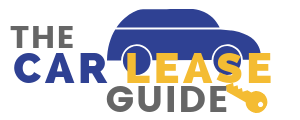The end of your car lease, more generally known as the maturity date, is a time when you have to make an important decision. The decision isn’t so big if leasing cars has become the norm for you. Regardless, you have two choices when it comes to the end of your lease.
1. Return the car to the dealer. This is probably the more common decision that lessee’s make. You simply return the car to the dealer you leased it from, or you return it to another dealer who sells the same make and model of your vehicle. There is no pressure for you to lease or purchase another car, but most people end up returning the car and leasing or purchasing a different car that they like. Keep in mind that if you plan on returning the car to the dealer, you are required to schedule an inspection for your car. During the inspection, the inspector will take a look at the body and mechanical condition of your car to check for excessive damage or wear and tear. If the inspector finds that there are excessive mechanical defects or bodily damage, he will take note of this in the vehicle inspection report and you’ll end up being charged for those defects/damages. Generally, you don’t have to worry about any charges if:
b. You did not severely damage the body of your car.
c. Your lease agreement provides an excessive wear and use waiver.
2. Buy the car at the agreed upon purchase price. The purchase price of the car is typically its adjusted residual value. This means that the dealer has artificially raised the residual value set by the finance company because you are presumably only going to drive a certain number of miles per year. For example, if your lease agreement states that you are given an allowance of 12,000 miles per year for a 36-month lease, your car will presumably have a mileage that is less than or equal to 36,000 miles. This low mileage raises the value of the car. So generally, you can expect the purchase price to be a couple percent or so higher than the residual values listed on sites like Kelly Blue Book or Edmunds.

